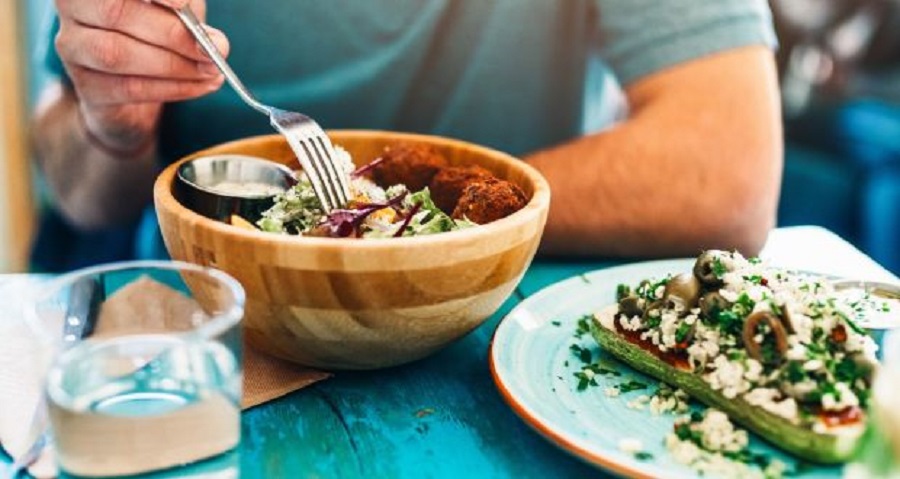Big data key to Irish food industry overcoming Covid-19 challenges

Coronavirus is affecting global food consumption behaviours and an acceleration of certain technologies and innovations in food retail is now being seen.
We examine some that are being used more frequently in the midst of the pandemic but are more likely to become commonplace after this crisis is over.
One evident major change is that consumers will eat out less and more at home, Prof Geoff Simmons of Ulster University Business School says.
Many people will be out of work, with less disposable income to spend on more premium food purchases. A potential global recession or even depression will exacerbate this. For the Irish food industry this presents a specific challenge, he says.
“It is dominated by small food firms, with less than 50 and often less than 10 employees. With limited resources and expertise compared to larger firms, how can they source consumer behaviour trends and make sense of them?” he asks.
Technology in the form of advanced Big Data consumer insight provides a means to achieve this, for example, Dunnhumby, the firm behind Tesco Clubcard Big Data sourcing and analysis, is a global leader in customer data science.
Buying behaviour
“I spent the past 10 years as an academic at Ulster University and Queen’s University Belfast, working with Prof Andrew Fearne from the University of East Anglia to make Tesco Clubcard consumer insight available free of charge to small food firms in Northern Ireland. Supported by Government agencies and food industry bodies, we made available to many small firms consumer insight representative of over 40 per cent of buying behaviour of the UK food market. Multiple case examples show how this leads to new product innovations, new listings with multiple retailers and other successes,” Prof Simmons says.
He says this technology is crucial to helping Irish small food firms respond to Covid-19 changes in food consumption but also to ensure that Irish consumers’ changing food preferences are catered for.
“Big Data consumer insights provide small Irish food firms with changing consumption behaviours for specific food products. These include changing socio-demographics of their consumers along with shifts of existing consumers to cheaper products, larger baskets but lower average spend per basket and so forth. This allows small Irish food firms to respond to changing consumer behaviours by deploying innovative and consumer-oriented category management, price and promotions, customer knowledge and customer engagement strategies,” he says.
Meanwhile, grocery retailers are experiencing much higher demand than usual. In March this year supermarkets around the world reported record sales numbers and store traffic.
“In light of the uniqueness of the situation which requires shoppers to spend less time in the stores, technology is being used to aid and speed up the shopping experience,” says Marija Grishin, assistant professor of marketing at the Michael Smurfit Graduate Business School in UCD.
“Many shoppers have turned to online ordering and some of them are experiencing online grocery shopping for the first time. A recent Nielsen study found that consumers are more likely to use these services because of ease and convenience.”
Navigation apps
Meanwhile, grocery retailers are experiencing much higher demand than usual. In March this year supermarkets around the world reported record sales numbers and store traffic.
In a similar fashion, new retail technology is being used to help consumers navigate the stores and locate the products they need faster. These navigation apps can prove to be useful to both the consumer (as they save time) and the businesses as this in-store technology can help personalise, predict and recommend products similarly to processes used in the online space, Grishin adds.
“In the US, an app has been created for Fairway, which allows people to scan packaging barcodes with their phones – meaning they don’t touch anything. Much like with Argos, your shopping is waiting for you at some point in the store,” says Rory McDonnell, head of strategic insight and planning at Bord Bia.
Meanwhile, Google and Apple have introduced apps allowing phones to help health authorities understand contact tracing. “The knock-on effect being people and shoppers will get more comfortable with the idea of sharing data in terms of their preferences. The fridge of the future, which isn’t too far off, will provide automated ordering and the grocery store will pick up your shopping habits,” McDonnell says.
This article was written by Mimi Murray and first published in The Irish Times.











